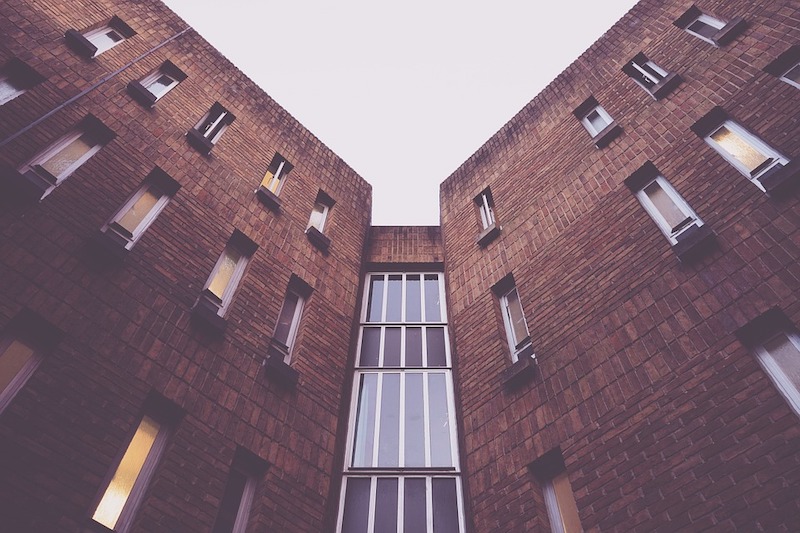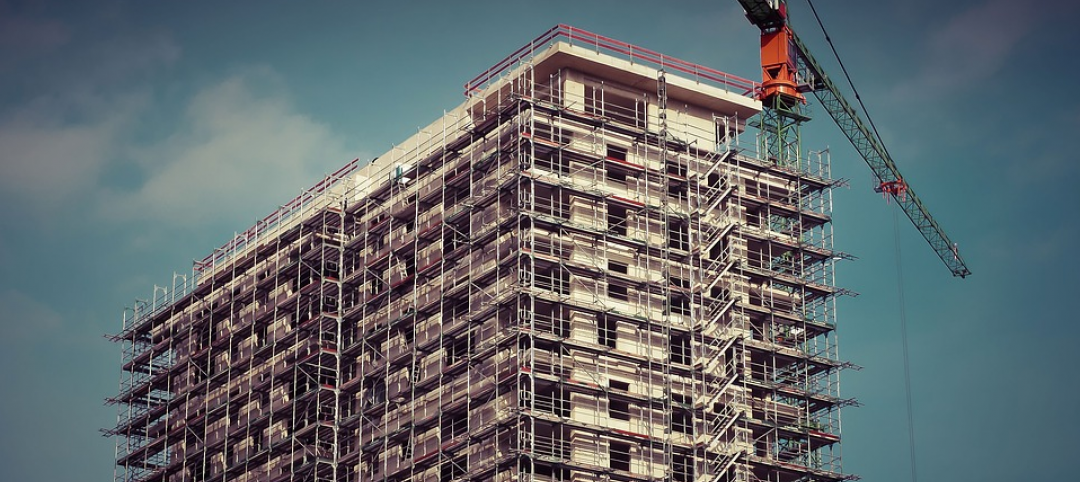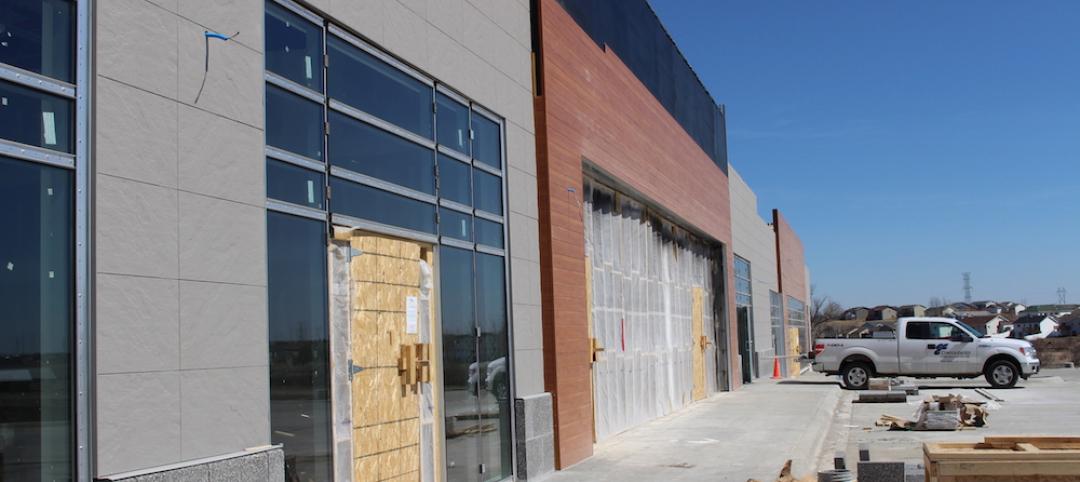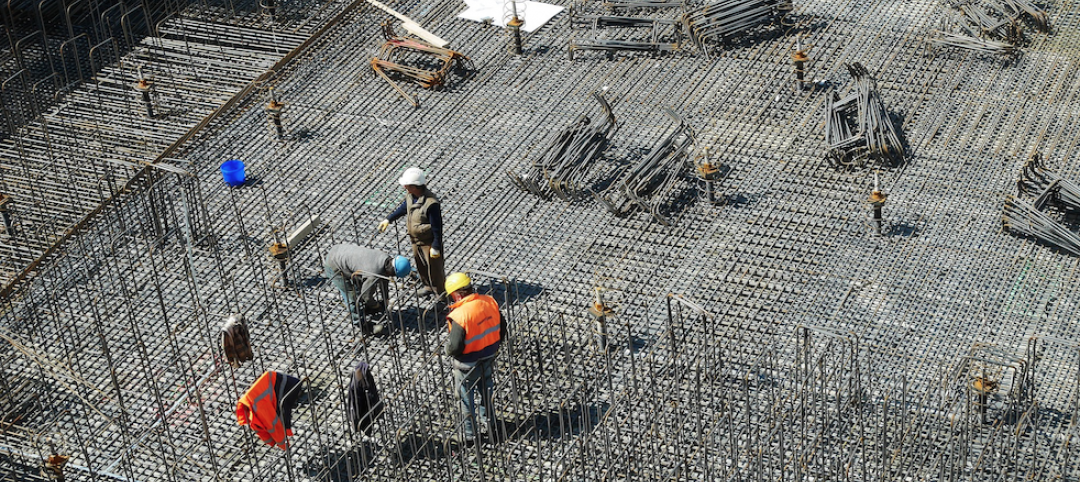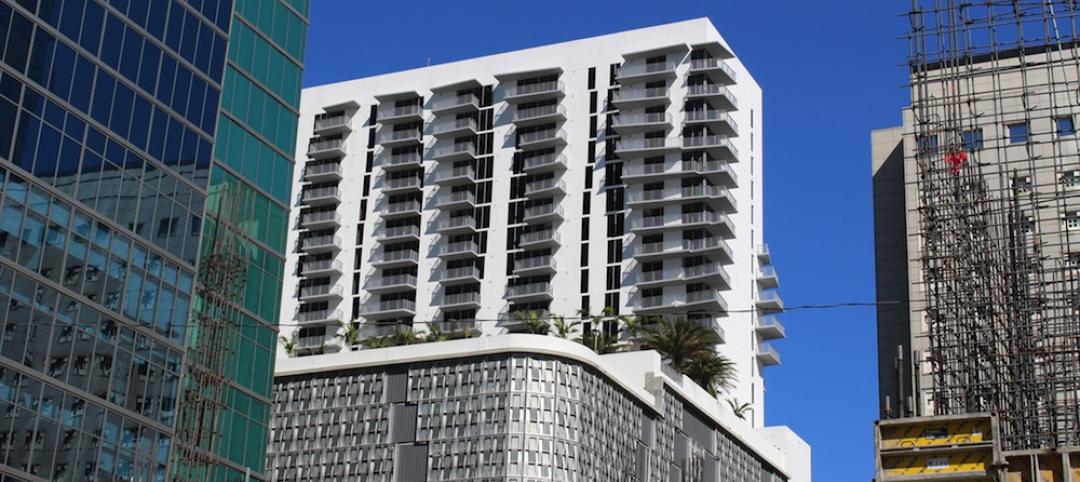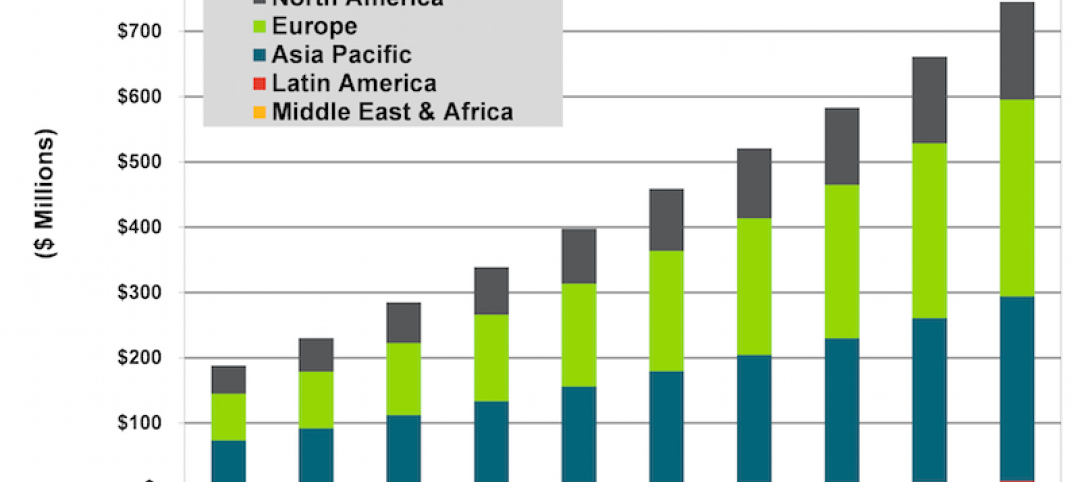A new Hoyt Advisory Services Study commissioned by the National Apartment Association (NAA) and National Multifamily Housing Council (NMHC) reveals that the apartment/multifamily industry and its residents annually contribute more than $3.4 trillion to the national economy. The new report, available at WeAreApartments.org, provides a detailed breakout of the economic impact nationally, by state, and in 50 metro areas.
New data show how different aspects of the apartment industry positively impact national, state and local economies. Resident spending contributes $3.0 trillion to the U.S. economy, while operations adds $175.2 billion. New construction contributes $150.1 billion and renovation and repair adds $68.8 billion.
Highlights from the report include:
— All four sectors of the industry have posted very strong growth, punctuated by the construction industry ramping up to meet the unprecedented demand for apartments this cycle – reaching a height of 346,900 completions in 2017, up from 129,900 in 2011.
— Previous research by Hoyt Advisory Services found that we need to build an average of 328,000 apartments per year at a variety of price points to meet existing demand, which would bring continued economic activity. This number of multifamily completions has only been surpassed twice since 1989.
— Hoyt research also found that a significant portion of the existing apartment stock will need to be renovated in the coming years, boosting spending in the renovation and repair sector.
— The combined contribution of apartment construction, operations, renovation, and resident spending equals $3.4 trillion per year, or more than $9.3 billion daily.
“The apartment industry’s contribution is one that has grown in recent years, fueled by increased rental demand overall as population and employment growth continue and renting becomes a preferred tenure choice for millions of Americans,” said Eileen Marrinan, Managing Director of Eigen 10 Advisors, which partnered with Hoyt.
“Construction is still moving ahead, as there’s a need for additional apartments in many states. And, due to an abundance of aging stock, there’s a growing need for renovations and improvements on existing apartment buildings. Construction and renovation/repair will provide a sizable boost in jobs – and the economy – nationwide, and will continue to be a hefty contribution to the country’s economy for decades,” said NMHC President Douglas M. Bibby.
“The multifamily industry is an economic engine powering the economy very significantly at the national, state and local levels,” said NAA President Robert Pinnegar. “This clearly illustrates the tremendous positive impact our apartments have on the communities they serve.”
This study provides data to back up the assertion that the apartment industry contributes to national, state and local tax economies. Tax payments associated with apartment operations, as well as tax payments by apartment residents, contributed $408.9 billion to the national economy. These taxes support schools, improvements to local infrastructure, and other critical services in communities across the country.
Related Stories
Market Data | Jun 14, 2016
Transwestern: Market fundamentals and global stimulus driving economic growth
A new report from commercial real estate firm Transwestern indicates steady progress for the U.S. economy. Consistent job gains, wage growth, and consumer spending have offset declining corporate profits, and global stimulus plans appear to be effective.
Market Data | Jun 7, 2016
Global construction disputes took longer to resolve in 2015
The good news: the length and value of disputes in the U.S. fell last year, according to latest Arcadis report.
Market Data | Jun 3, 2016
JLL report: Retail renovation drives construction growth in 2016
Retail construction projects were up nearly 25% year-over-year, and the industrial and office construction sectors fared well, too. Economic uncertainty looms over everything, however.
Market Data | Jun 2, 2016
ABC: Nonresidential construction spending down in April
Lower building material prices, a sluggish U.S. economy, and hesitation among private developers all factor into the 2.1% drop.
Market Data | May 20, 2016
Report: Urban area population growth slows
Older Millennials are looking to buy homes and move away to more affordable suburbs and exurbs.
Market Data | May 17, 2016
Modest growth for AIA’s Architecture Billings Index in April
The American Institute of Architects reported the April ABI score was 50.6, down from the mark of 51.9 in the previous month. This score still reflects an increase in design services.
Market Data | Apr 29, 2016
ABC: Quarterly GDP growth slowest in two years
Bureau of Economic Analysis data indicates that the U.S. output is barely growing and that nonresidential investment is down.
Market Data | Apr 20, 2016
AIA: Architecture Billings Index ends first quarter on upswing
The multi-family residential sector fared the best. The Midwest was the only U.S. region that didn't see an increase in billings.
Building Technology | Apr 11, 2016
A nascent commercial wireless sensor market is poised to ascend in the next decade
Europe and Asia will propel that growth, according to a new report from Navigant.
Industry Research | Apr 7, 2016
CBRE provides latest insight into healthcare real estate investors’ strategies
Survey respondents are targeting smaller acquisitions, at a time when market cap rates are narrowing for different product types.


